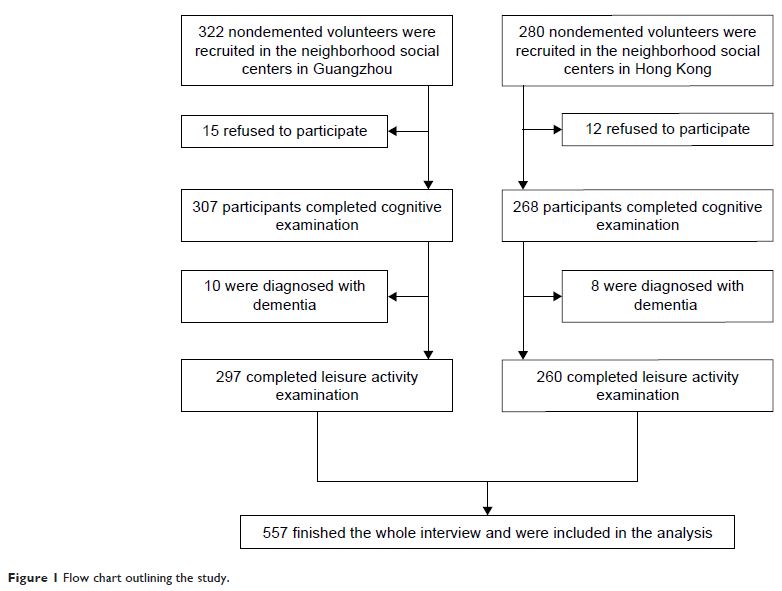108605
论文已发表
注册即可获取德孚的最新动态
IF 收录期刊
- 3.4 Breast Cancer (Dove Med Press)
- 3.2 Clin Epidemiol
- 2.6 Cancer Manag Res
- 2.9 Infect Drug Resist
- 3.7 Clin Interv Aging
- 5.1 Drug Des Dev Ther
- 3.1 Int J Chronic Obstr
- 6.6 Int J Nanomed
- 2.6 Int J Women's Health
- 2.9 Neuropsych Dis Treat
- 2.8 OncoTargets Ther
- 2.0 Patient Prefer Adher
- 2.2 Ther Clin Risk Manag
- 2.5 J Pain Res
- 3.0 Diabet Metab Synd Ob
- 3.2 Psychol Res Behav Ma
- 3.4 Nat Sci Sleep
- 1.8 Pharmgenomics Pers Med
- 2.0 Risk Manag Healthc Policy
- 4.1 J Inflamm Res
- 2.0 Int J Gen Med
- 3.4 J Hepatocell Carcinoma
- 3.0 J Asthma Allergy
- 2.2 Clin Cosmet Investig Dermatol
- 2.4 J Multidiscip Healthc

中国社区老年人个体社会活动与认知功能的关系:一个横断面研究
Authors Su X, Huang X, Jin Y, Wan S, Han Z
Received 16 December 2017
Accepted for publication 24 April 2018
Published 24 August 2018 Volume 2018:14 Pages 2149—2157
DOI https://doi.org/10.2147/NDT.S160036
Checked for plagiarism Yes
Review by Single-blind
Peer reviewers approved by Dr Justinn Cochran
Peer reviewer comments 4
Editor who approved publication: Professor Wai Kwong Tang
Background: The prevention of cognitive impairment is a crucial public health issue, and leisure activities have been studied as the strategy of the cognitive preservation. The aim of the study was to explore the possible relationship between social activity and cognitive function among community-dwelling Chinese elderly in two big cities of Southern China.
Participants and methods: Altogether, 557 nondemented older adults aged 60 years and older (73.4±6.5 years) were recruited in the social centers in Hong Kong and Guangzhou. A leisure activity questionnaire was used to measure the social activity participation. Cognitive function was examined using a neuropsychological battery. The association between social activity and cognitive function was analyzed using the multiple linear regression analysis.
Results: Social activities had a weak relationship with cognitive performance when measured in terms of overall participation. Attending an interest class had significant association with the Cantonese version of Mini Mental State Examination, the word list learning test, the delayed recall test, and the trail making test. Religious activity showed significant association with the word list learning test and the digit vigilance test. Singing had significant association with the Category Verbal Fluency Test (CVFT) and the trail making test.
Conclusion: Some individual social activity items may be associated with better cognitive function among the community Chinese elderly independently of other factors.
Keywords: social activity, cognitive function, Chinese elderly
